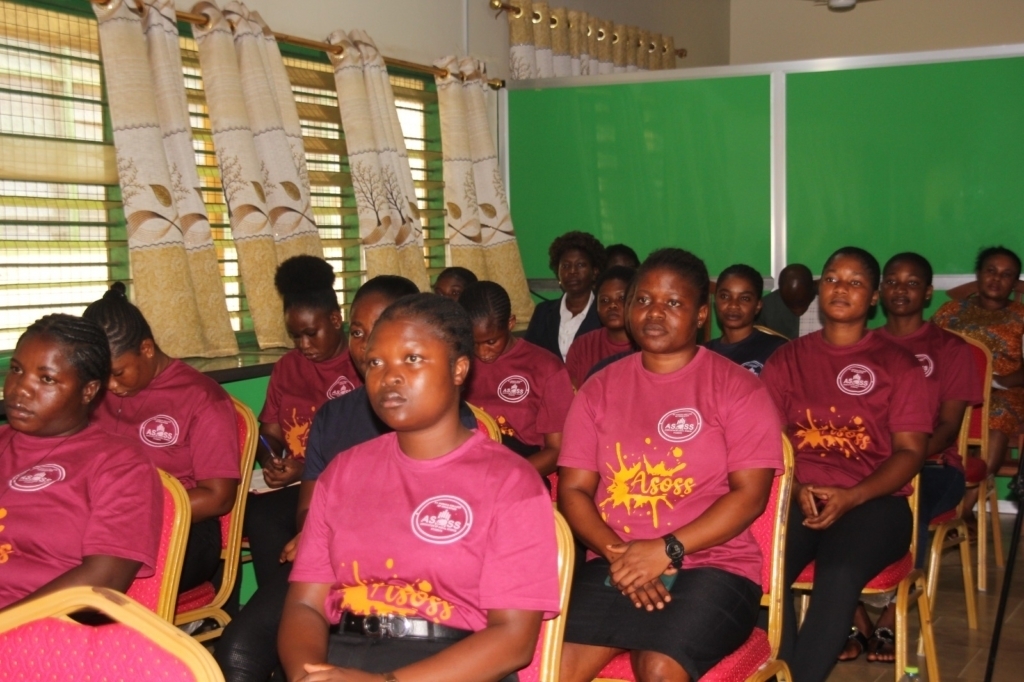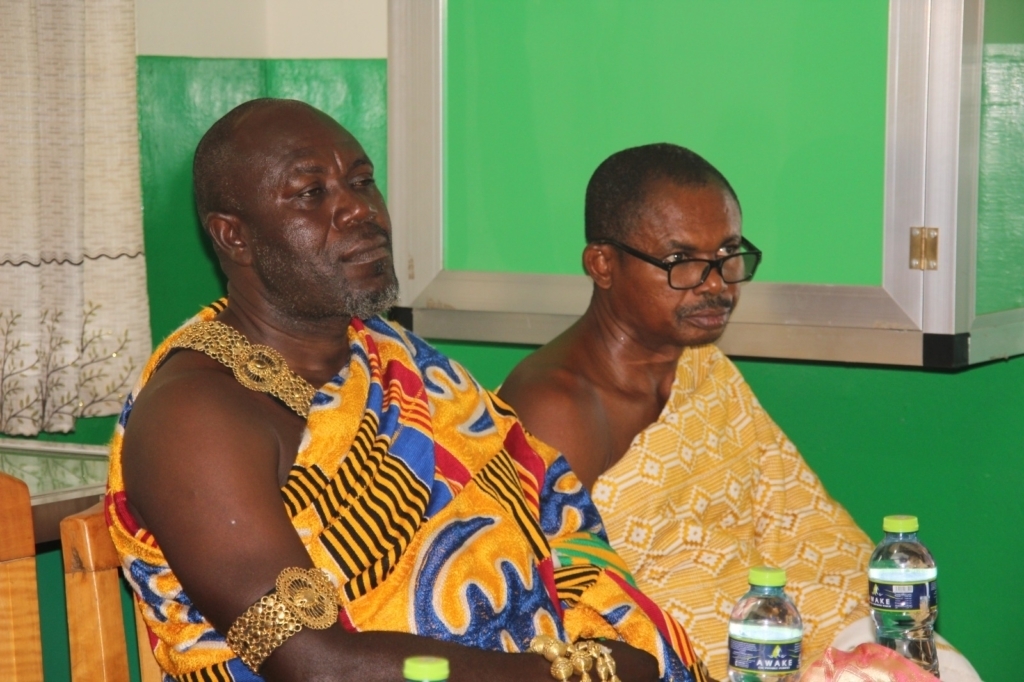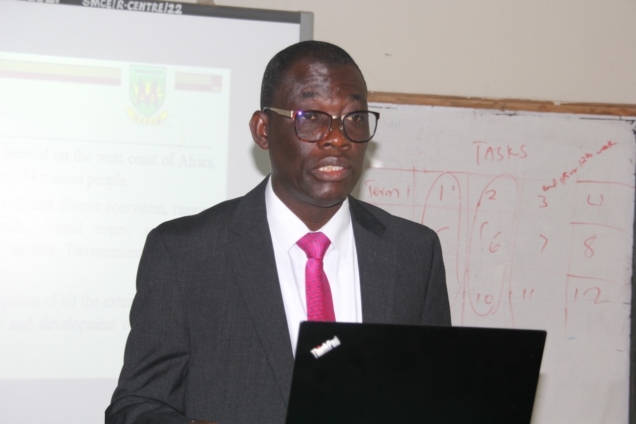Indigenous communities have vital knowledge about the local ecology which needs to be harnessed to preserve biodiversity and promote a balance in the ecosystem.
According to the Principal of St. Monica's College of Education, Dr. David Okyere Korankye, any endeavour to remedy the problem of environmental degradation will be ineffective unless adequate alternative livelihoods are provided.
Speaking at a public lecture at St. Monica's College of Education on environmental degradation in Ghana, Dr. Korankye said he believes indigenous people provide strong communal systems for managing natural resources, including forests and water bodies.
“Sustainable and viable alternative livelihood; I am poor and at the same time hungry – I want to eat so when you are telling me that I should not do galamsey - I should not cut down trees for firewood then what alternative are you putting there for me?” Dr. Korankye asked.

He believes the government should give significant consideration to the country's job predicament.
“When you go to these galamsey sites, they are mostly young people and their minds are that they want what they will eat – nothing else. So if you want to stop them, then you have to provide alternatives,” he added.
According to him, indigenous knowledge in plant and animal species, habitats and relationships needs to be harnessed to preserve biodiversity.
He said incorporating local decision-making processes and empowering traditional leaders remain essential in sustainable land and resource management.
Dr. Korankye further stated that traditional ecological knowledge can be used to guide the selection and sustainable harvesting of medicinal plants, the preservation of sacred forests and biodiversity hotspots, and the preservation of traditional seeds and crop varieties.
The Principal noted that indigenous communities have developed effective methods for water conservation and management.
He believes traditional rainwater harvesting techniques, such as building small reservoirs and underground storage systems, can help capture and store water during the rainy season for use during the dry season.
Indigenous groups in Ghana have been actively participating in community-based conservation activities for many years.

They create community-managed protected areas, wildlife sanctuaries, and sustainable hunting and fishing techniques. These projects not only conserve biodiversity but also give economic opportunities for communities through eco-tourism and sustainable resource utilisation.
According to Dr. Korankye, it is critical to recognise and appreciate indigenous knowledge and practices in combating environmental degradation in Ghana.
Environmental deterioration has far-reaching consequences in Ghana, affecting various facets of the country's socioeconomic growth.
It has resulted in biodiversity loss, with many plant and animal species nearing extinction.
The loss of plant and animal species as a result of the destruction of forests, marshes, and other natural habitats has resulted in a decrease in genetic diversity.
The loss of biodiversity has also had an impact on the ecosystem services provided by these habitats, such as water regulation, soil conservation, and climate regulation.
Latest Stories
-
Automobile artisans urge gov’t to support establishment of workshop facilities
42 minutes -
Gov’t seeking strategic partners to takeover AirtelTigo – Communications Minister
52 minutes -
Mahama recounts childhood ties with Asantehene: “They used to send us for ice cream”
1 hour -
Emmanuel Adjei cycles 10,000km solo from Munich to Accra to raise €100,000 to support education in rural communities
1 hour -
From bite to breakthrough: How AI and brave family helped save a child at KATH
1 hour -
Today’s Front pages: Tuesday, June 3, 2025
2 hours -
Cedi appreciation a strategic windfall for energy sector recovery and ECG’s solvency
2 hours -
GSE rally to continue into quarter 3; market to record 45% return for investors in 2025
2 hours -
Bond market: Trading activity rose 28% to GH¢1.41bn
2 hours -
We’ll be waiting for you to bring Ofori-Atta back – Frank Davies calls OSP’s bluff
2 hours -
You stepped forward to assist your nation – Mahama backs Otumfuo’s mediation in Bawku crisis
3 hours -
‘We thought that was abuse of state power’ – Alhassan Tampuli rebukes EOCO over Wontumi detention
3 hours -
Gov’t moves to ensure inclusive access to free tertiary education for Persons with Disabilities
3 hours -
Mobile data prices to fall, users to get more value – Sam George
3 hours -
Alhassan Tampuli urges OSP to grant Ofori-Atta’s request for virtual appearance
3 hours

